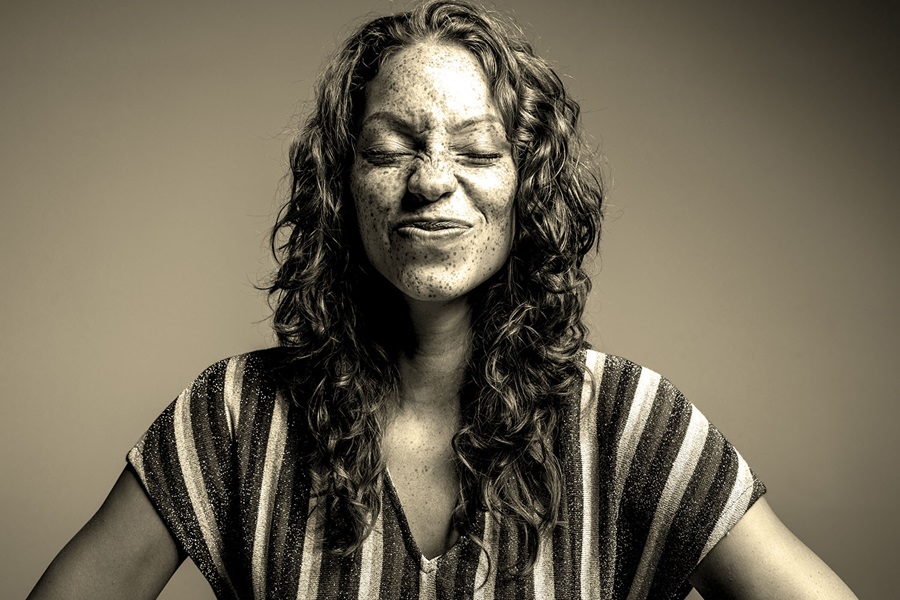Brands across the UK are risking their customer relationships and impacting their brand value by failing to correctly reflect, represent and champion women in their marketing and advertising efforts. What Women Want?, a new study from Kantar, reports that despite an increased focus on equality driven by movements like #MeToo, major brands are still not effectively acknowledging women’s priorities, or communicating with women in an empowering manner at every step of the customer journey.
Key findings from the study, which was commissioned as part of the What Women Want? exhibition celebrating the centenary of female emancipation in the United Kingdom, include:
Brands are missing a major revenue opportunity by failing to accurately represent real women and their values in campaigns.
- Brands that are gender balanced or even slightly “female-skewed” outperform ‘male-skewed’ brands. They are 4% healthier than male-skewed brands and 6% healthier than strongly male skewed brands.
- Two thirds of women would skip ads if they felt that they were negatively stereotyping women, and 85% said film and advertising does a poor job of depicting real world women.
Most brands are failing to equally engage with male and female audiences.
The research asked consumers the role they thought 40 brands played in building self-esteem, with those identified as being “for me” (a score nearer 100) making a positive contribution and those “against me” (nearer zero) making a negative contribution revealing:
- Brands contribute more for those with high self-esteem, suggesting that it is relatively easier for brands to endorse self-esteem than it is for them to “create” it
- Men favour brands traditionally associated with male spheres of influence such as cars or financial products, compared to women who feel a more meaningful connection with brands associated with day to day purchases such as beauty and clothes
- A small number of brands are getting the balance right – in particular, Amazon, Boots and Dove
Kantar reveals five self-esteem contributors that brands must promote to connect with customers:
- Those five contributors are financial autonomy, freedom of thought and expression, sexual and body autonomy, accessibility/visibility and social connections and networks
- Sexual and body autonomy is more important to women with 27% citing this as the main contributor to their self-esteem, compared to 23% of men who place a higher value on financial autonomy (22% v 17% of women)
Wide gaps between how different sexes and generations view their levels of self-esteem
- Almost a third of women rate their self-esteem as “below average,” compared to 38% of men who feel that their level of self-esteem is higher than the average person
- The gulf is widest among millennials (those aged 18-34): less than a quarter of millennial women identified their self-esteem as above average, compared to more than half of millennial men (52%)
- 55% agree that movements like #MeToo have made gender equality a more prominent issue. But only 37% of women and 43% of men thought that gender equality had improved versus 12 months ago
Making 80% of household purchase decisions, women present an essential group of consumers, but they are not being listened to or seeing themselves reflected in brands.
Our research shows the work is not over for addressing feelings of inequality. By engaging with women meaningfully and understanding their priorities, brands will not only contribute to their commercial success, but to society as a whole. Making tokenistic efforts that don’t feel authentic, will mean brands missing out on a very significant business opportunity, and they simply won’t be part of the new society women are building for themselves.

